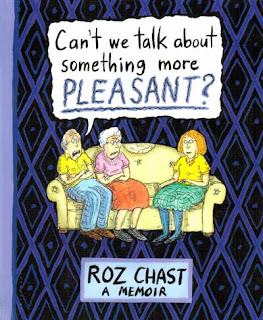The multicultural association ”JoMoni” organised three Grassroots Comics workshops for immigrants in May-September 2015 in Joensuu, Eastern Finland. The project was coordinated by artist and comics tutor Sanna Hukkanen. The idea was to introduce a new channel of expression through art, to enable the participants to share their experiences with Finnish readers in order to promote cross-cultural understanding.
The first two workshops were for immigrant women, and a few Finns participated too. The third workshop took place in the North Karelia municipal education and training consortium in Niittylahti. The participants were a group of young people attending a preparatory course for immigrants (VALMA) and the theme of their comics was ”A personally important issue”. The project gained more significance since it was organised amidst the present refugee crisis and the hardened attitudes in Finland.
The majority of the participants had no experience in drawing comics. They were, however, quick learners and in the end, proud of their own art work. The VALMA group's teacher felt that it was really important for the students to process their personal experiences in comics. At the same time they had an opportunity to experiment with a new medium, and the results, the final comics, enhanced their self esteem. Also the female participants gave positive feedback. They found comics a good tool for reflecting cultural and personal issues. They were happy to get to know each other and to have a chance to talk about the issues that were important to them.
As the participants came from very different backgrounds their comics dealt with a broad range of subjects. Common subjects were: cross-cultural friendship and the importance of finding friends in the new environment, introduction of one's own culture to the Finns, Finnish language, girls'/women's rights and descriptions of every day life in Finland. The comics were displayed in an exhibition which was opened at the Joensuu Comics Event in October 2015 at Joensuu main library, and then sent to other libraries around North Karelia. Also a booklet was produced which will be used in JoMoni's anti-racism campaigning.
The comics can be read at JoMoni website: https://jomoni.wordpress.com/media/jomonilaisten-sarjakuvat/
Posted by Sanna Hukkanen
The comics can be read at JoMoni website: https://jomoni.wordpress.com/media/jomonilaisten-sarjakuvat/
Posted by Sanna Hukkanen
 |
| A panel from a comic dealing with Finnish language |
 |
Comic by Kyoko
Did you know? / There will be no earthquake in Finland / Tsunami won't strike / There is no war / Finland is a happy country.
|























